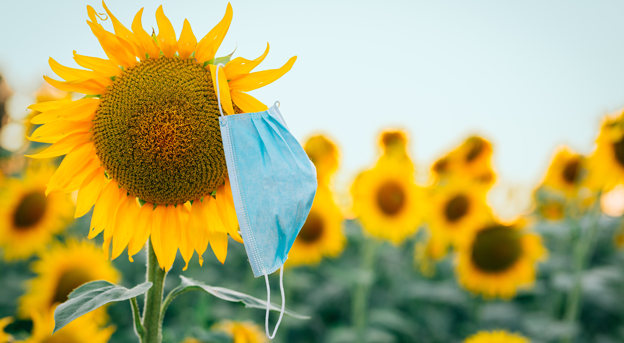
Image: Pixabay
The return of commodity values has been a relevant topic in the current market. Before discussing this return, it is important to understand what happened in the past.
History plays a significant role in the market, and many use price histories to inform trading strategies, growth estimates, and buying and selling decisions. Each upward or downward movement in prices is linked to a series of events, such as weather problems that affect the production of raw materials.
{module Form RD}
In the context of the COVID-19 pandemic, the market was comprehensively impacted. The lockdown implemented in several countries restricted non-essential activities, only allowing food factories, hygiene and cleaning, and other essential sectors to operate. However, even these factories faced challenges, such as the need for more frequent cleaning and decreased productivity.
A factory operating below its full capacity faces higher production costs, and this was due to reduced production during the pandemic. Additionally, governments provided financial assistance to economically affected people, which increased purchasing power and boosted demand for products and services, including the “home office” sector.
These factors resulted in an inflationary scenario, with rising commodity prices due to lack of supply and high demand. One example is palm oil, which reached historic values during the pandemic. However, international logistics were also affected, with delays at ports and operational difficulties.
In the national market, there were moments of price declines, followed by new increases due to increased demand. Crude palm oil reached its peak price in March to June 2022, exceeding R$ 10.00/kg in refined form.
With the reduction in COVID-19 cases and the return to normality, a gradual return to stability in production and demands is expected. However, it is important to highlight that prices generally do not return to previous minimum levels, remaining at higher levels.
Currently, there is a drop in commodity prices, including palm oil. Reduced demand and pressure from buyers have led to this decline. Crude palm oil is trading for around R$ 5.80/kg in São Paulo, and is expected to continue to decline due to widespread low demand.
It is essential to mention that there are several units and specialists working with different raw materials, ready to meet the needs of companies. If there is interest or questions, we are available for consultation and ready to assist.
 By: Heitor Pereira
By: Heitor Pereira












